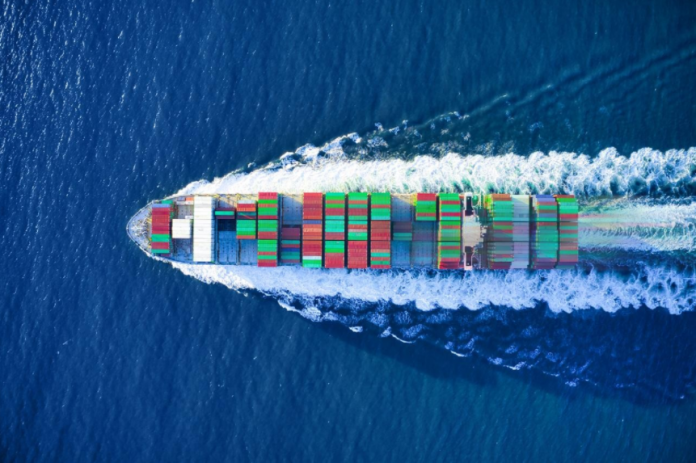The International Chamber of Shipping (ICS) proposes a global CO2 reduction fund to reward companies that use low-emission fuels.
On 25 October, ICS announced proposals to accelerate the shipping sector’s transition to zero carbon by financially rewarding ships and energy producers that invest in low/zero emission fuels.
In a paper to the International Maritime Organization (IMO), ICS proposes a ‘fund and reward’ system to catalyse the adoption of alternative fuels, which currently cost at least two or three times more than conventional marine fuel.
The reward rate would be calculated based on CO2 emissions prevented and funded via a mandatory flat rate contribution from ships per tonne of CO2 emitted. For example, a ship powered by ammonia, among many other alternative fuels including methanol, hydrogen, sustainable biofuels and synthetic fuels, could receive a cost saving of more than US$1,5 million annually.
ICS said that the ‘fund and reward’ system could be established by 2024, if governments can agree on the regulatory framework at the IMO.
The ICS fund and reward (F&R) proposal combines elements of various recent greenhouse gas (GHG) emmissions reduction proposals from a number of governments, plus a flat rate contribution system previously proposed by ICS and INTERCARGO, and ideas recently put forward for a global IMO measure by the EU 27.
“With the ICS fund and reward proposal, IMO member states have a new but very short window of opportunity to put in place a global economic measure which can kick start the development and production of alternative fuels for shipping,” commented ICS chairman, Emanuele Grimaldi.
He added, “To achieve net zero mid-century, these new fuels must start to become available in significant quantities on a commercial basis no later than about 2030.”
The ICS proposal aims to ensure that at least 5% of the energy used by the global fleet in 2030 is generated from alternative fuels and is expected to be discussed in December 2022 after COP 27 and before the next meeting of the IMO’s Marine Environment Protection Committee in London.







